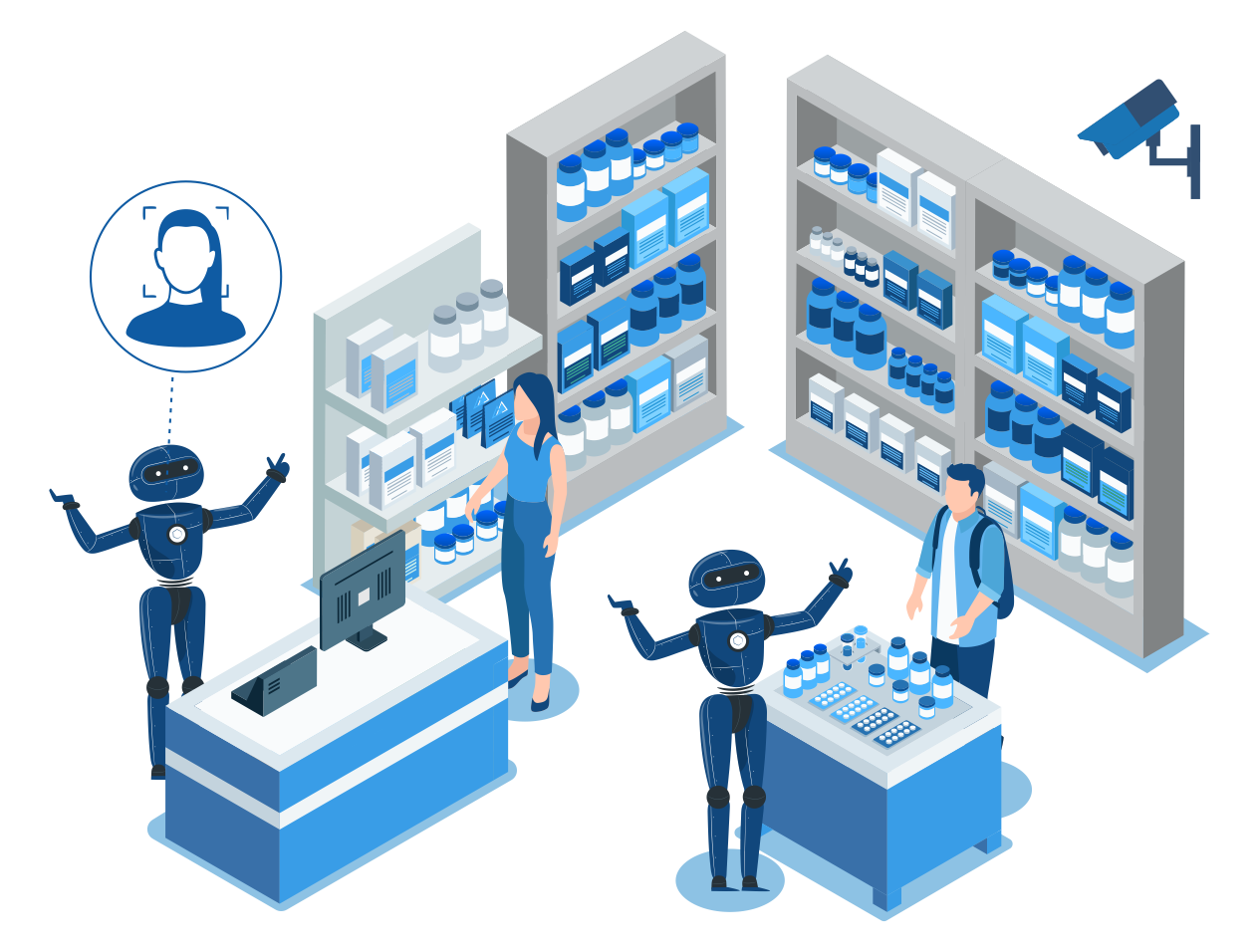The inertia of change is difficult to overcome, and today’s retailers are being challenged to change and accommodate the evolving expectations of shoppers. Shoppers are being offered conveniences of online shopping, personalized experience and unlimited choice of merchandise through digital channels. It is therefore an existential need for the retailers to enhance shopper experience.
Ecommerce share of retail sales is about 15% today (2020), though the share is increasing steadily over the years. It is therefore, still possible for retailers to reverse the trend and cover some lost ground. The rapidly advancing landscape of AI and Machine learning has the potential to help retailers improve the shopper experience.
Finding a way to beat digital convenience
It is obvious that purchasing an item online is far more convenient than driving to a retail store and making a purchase. Retailers need to understand that they do not need to beat e-commerce. They need to find ways to make shopper experience enriching enough to make the shopper willing to drive to their store. For retailers, AI and Machine Learning driven shopper experience enhancement promises to provide them with the opportunity to bridge the gap between digital and physical stores.
Smart Mirrors: Smart mirror technologies enables retailers to collect data on the products being tried and requests for different sizes or colors. It can also help retailers identify product pairings for promotions and bundling. The shopper’s details can be utilized to understand shopper preferences. Shopper’s browsing details and merge it with the purchase data to have better sense of the shopper.
Personalization: Retail spaces could use the biometric recognition capabilities of AI to extract shopper profiles, customized rewards and promotions – creating a personalized experience for the shopper. At Xtage Labs, we have created a basic proof of concept to show how AI could be utilized to identify the shopper and combining CRM, purchase database and loyalty card details to create custom promotions for each shopper
An important consideration though is the ability of retailers to secure sensitive biometric data and privacy concerns that may be counterproductive and discourage shoppers.
Extended Reality (XR): Extended reality (AR, VR and MR) promises to offer retailers with the capability to provide unique shopping experience that could change the face of retail. From browsing different variations like color or size of the products, to virtually “trying them on” or comparing two items together – XR promises to substantially improve the shopping experience
Real-time Stock Monitoring: Retailers could use camera feeds to monitor the sales velocity of their merchandise. Images of different sections of stocking units to generate counts in real-time. This will help retailers understand the product demand and anticipate shopper needs better.
Store layout as a Recommendation Engine: It is a well publicized fact that 1 in 3 purchases on Amazon are driven by recommendation systems utilizing deep learning based machine learning algorithms. Retailers could utilize a different machine learning algorithm to identify the products being bought together and optimize the store layout and put items bought together next to each other.
The future of retail is going to be more personalized. It is also important for retailers to understand that ecommerce is here to stay, and they need to find a way to enhance shopper experience. Retail store should provide experiences enabled through the use of AI and Machine Learning to excite customers and make them drive to the retail store.
Xtage Labs is an advanced analytics and machine learning based decision insights company. We work with businesses to derive insights from data, and improve the decision making processes.
Get in touch with us to find out what we can do for you.




